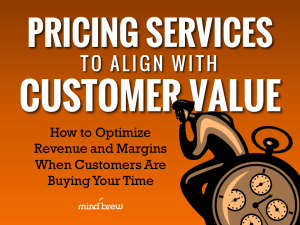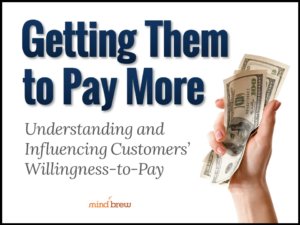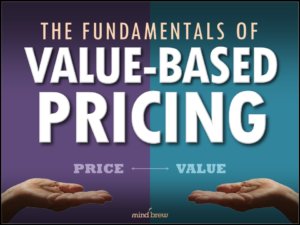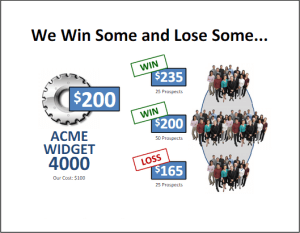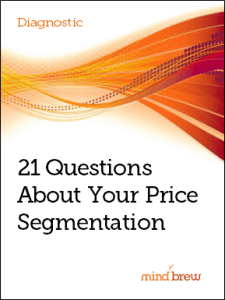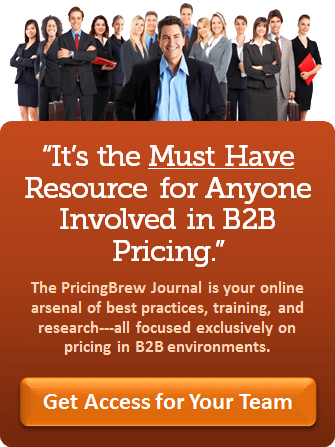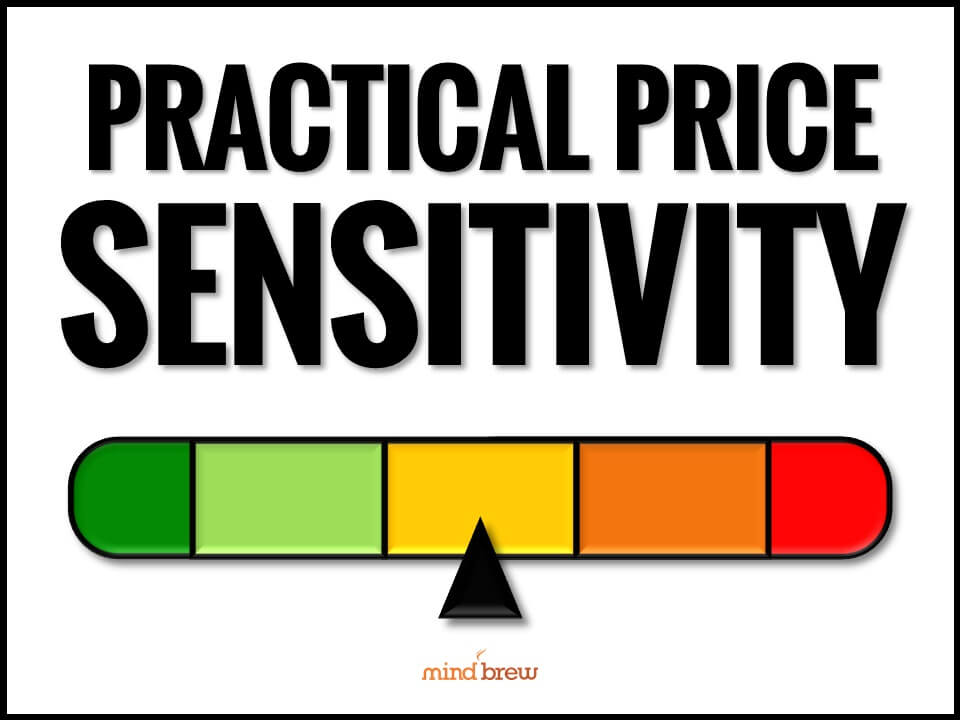If you have ever needed to shop for a surgeon, what kinds of questions did you ask? Maybe
- How many times have you done this surgery before?
- What’s your success rate?
- What’s the typical prognosis for your patients after surgery?
- What hospitals are you affiliated with?
- Where did you go to medical school?
After you picked the surgeon you might have asked how long the surgery would take, but you probably weren’t using speed as a criteria for finding the person you wanted to cut open your body. And you certainly wouldn’t have said, “Can you get it done in 30 minutes? I spoke with another guy and he said it would take him 45 minutes.”
Why not?
Plenty of other professionals — mechanics, plumbers, electricians, accountants, lawyers — all bill by the hour, and we don’t hesitate to ask them to provide an hourly estimate. But doctors seem different somehow. We value their expertise much more than we value their time.
Plus, paying a surgeon by the hour wouldn’t make logical sense, because the best surgeons probably can do the surgery faster than those who less experienced. Specialists who are the best in their field don’t want to get paid less for doing the same surgery just because they can perform them quickly — nor should they!
Along the same lines, imagine if people bought cars by the pound or kilo. It might make sense because bigger cars often do cost more than smaller cars. But should a brand new Ferrari cost less than the beat-up old pickup truck sitting up on blocks in my neighbor’s back yard? Of course, not. The Ferrari’s value lies in much more than its weight.
Unfortunately, too many B2B companies fall into commodity pricing traps like these. If you price your services by the hour or your goods by weight, you have basically admitted that your product is exactly the same as all its competitors on the market. And your customers will buy based on price alone — which is never a good situation.
Unless it’s absolutely necessary, you should avoid pricing by the hour. Or the pound. Or the gigabyte. Or based on supply costs. Or any other commodity-style criteria.
Instead, focus on the value you are providing to your customer. If your company is very experienced, it might well take you less time to perform services than another firm. Or you might be able to manufacture a higher quality product much more cheaply than the competition. But those facts shouldn’t impact your pricing. Just like the highly skilled surgeon, you should charge more for providing a superior service.
We have some resources that delve into this idea more deeply. Check out
- Pricing Services to Customer Value
- Exposing Your Differential Value Step-by-Step
- Getting Them to Pay More
- The Fundamentals of Value-Based Pricing
Hourly pricing is a common mistake. Focusing on value instead can help you maximize your revenues.

